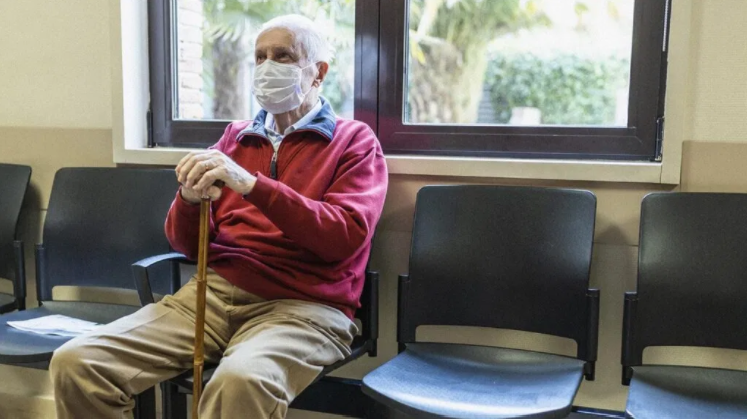COVID-19: Breathing problems are the most common reason for returning to the hospital

A recent study shows that it is relatively rare for COVID-19 patients to return to the hospital within 2 weeks of discharge. Individuals with high blood pressure or chronic obstructive pulmonary disease (COPD) were the most likely to require readmission.
As the COVID-19 pandemic continues, many hospitals remain under severe pressure.
To identify ways to relieve some of this pressure and improve patient care, researchers at the Icahn School of Medicine at Mount Sinai, New York, NY, compared COVID-19 patients who returned to the hospital with those who did not.
All those included in the study were patients at one of five hospitals in New York City between February 27 to April 12, 2020.
The researchers searched electronic health records for return visits to hospital emergency departments and outpatient clinics within 14 days of discharge.
Out of 2,864 discharged patients, 103 (3.6%) returned for emergency care. In total, the hospitals readmitted 56 patients.
Half of all the patients who returned to the hospital did so because they were experiencing breathing difficulties, which was the most common complication. Other complications included chest pain (6%), other pain (6%), altered mental status (5%), falls (5%), and skin or soft-tissue infections (5%).
Patients who returned to the hospital were significantly more likely to have hypertension (36% vs. 22.1%) and COPD (6.8% vs. 2.9%) than those who did not go back.
Surprisingly, say the researchers, there was no apparent association between the patients’ age and their likelihood of readmission.